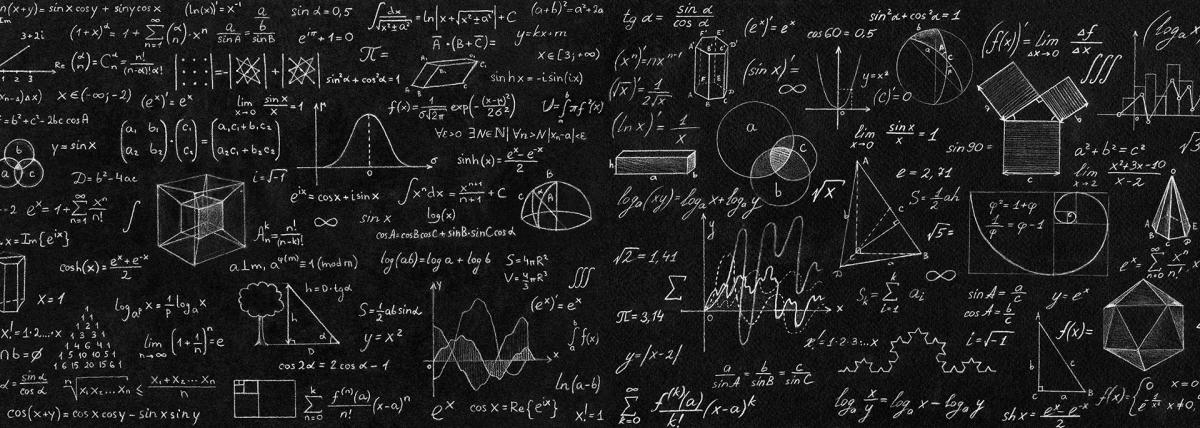
Roller Coaster- Conservation of Total Mechanical Energy
by Kenn Patrick Bulaso
This lesson will provide students with hands-on experience to design a roller coaster that will demonstrate transformation and conservation of mechanical energy. Students will learn the concept of gravitational potential energy, kinetic energy, and friction through an engaging activity of building a roller coaster. This will hone students thinking and collaboration skill as they will be given opportunities to modify and communicate their work. Furthermore, students will be exposed to collecting data such as measuring mass, distance, time, velocity and the like.
Lesson Plan Link/URL
https://docs.google.com/presentation/d/1Ot1UblY48VIsCQwjAKa2Pd9vrOXqKxox/edit?u…Subject Area
Science Physical Science P4: Energy Transfer Engineering S2: Apply the Engineering Design Process S3: Apply Mathematics to Engineering S4: Apply Science to Engineering Mathematics Measurement and Data (MD) The Number System (NS) English Language Arts (ELA) Reading (Informational Text) Writing Speaking & Listening
Featured
Off
Related Content

Grades:
6th Grade, 7th Grade, 8th Grade
In groups students will construct a roller coaster made completely out of paper that a marble can travel on. The goal is to have the "ride" last for a longer time than other and be able to explain the

Featured
Parachutes - Air Resistance
Grades:
6th Grade, 7th Grade, 8th Grade
This middle school lesson covers the concept of air resistance. Students work in teams of 3 with a list of materials to design, build, and test 3 parachutes that will maximize the air resistance of a

Grades:
6th Grade
Over 2 days (60 min or more each day), students create a catapult out of jumbo popsicle sticks, a water bottle cap and rubber bands. The challenge is for students to launch their snowball (cotton ball